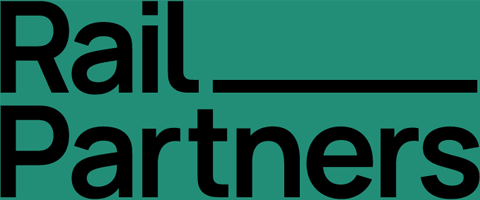
Rail Partners responds to announcement regarding train operators being brought into public ownership
Rail Partners chief executive, Andy Bagnall, said:
'Publishing the timeline for bringing SWR, C2C and Greater Anglia into public ownership is a watershed moment that means the Government is now taking charge of fixing the railways, but has parked the big decisions about how to do that until next year.
‘Simply changing who runs the trains won’t deliver more reliable and affordable services for passengers, reduce subsidy for taxpayers, or grow rail freight.
‘The key to both improving performance and holding down fares is restoring the railway to financial sustainability. It is counter intuitive to start removing private sector operators from the system, with their track record of delivering growth to reduce subsidy, when the question of what will replace them long-term won’t be answered until further rail legislation is introduced.
'The government has a mandate for its plans for rail nationalisation, now it must deliver the improvements passengers and freight customers want.'
Notes to editors
- The Passenger Railway Services (Public Ownership) Act received Royal Assent last week. The three clause Act has only one function which is to prohibit the contracting of private sector companies to deliver train operations. It does not create Great British Railways or deliver any of the other structural reforms that will help deliver the improvements which passengers or freight customers want. It does allow government to choose to extend contracts with existing operators until the new system is designed.
- Four in ten passenger train miles travelled across the UK are already on trains run by public operators and the evidence shows that public and private operators face the same challenges. Looking at the most recent performance data from the Office of Rail and Road, four of the eight least reliable train companies were publicly operated. By comparison, the five most punctual operators were all privately operated. And, the infrastructure manager, Network Rail — publicly owned since 2002 — is responsible for around 60 per cent of delay minutes.
- Last week’s industry finance data from the regulator, shows collectively private sector train companies have reduced subsidy by over a quarter (26%). By contrast, public sector train companies have increased their subsidy (by 0.45%), compared to last year. Private sector train companies have reduced subsidy by over £550 million. Fees currently paid to franchised operators are between £110 - 150 million a year.
